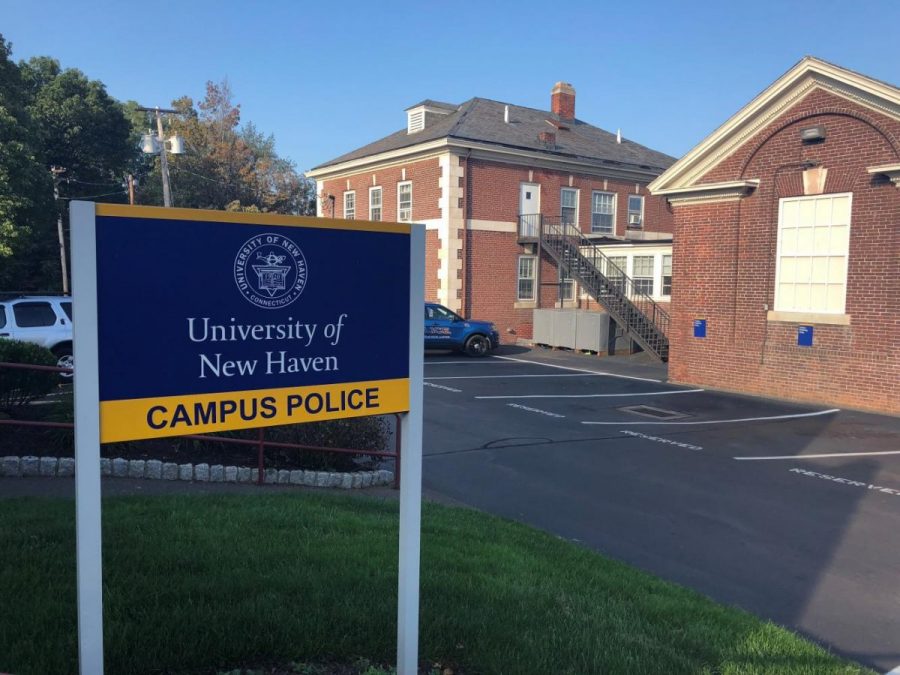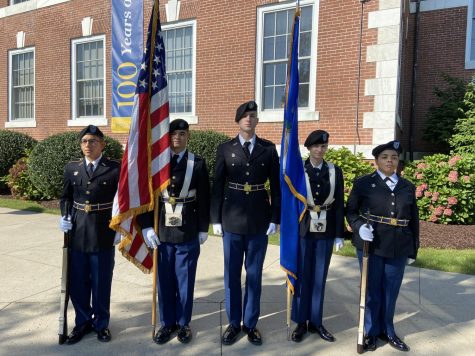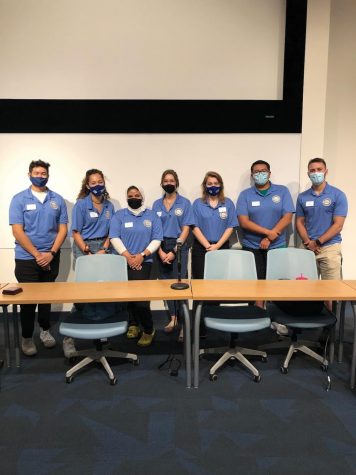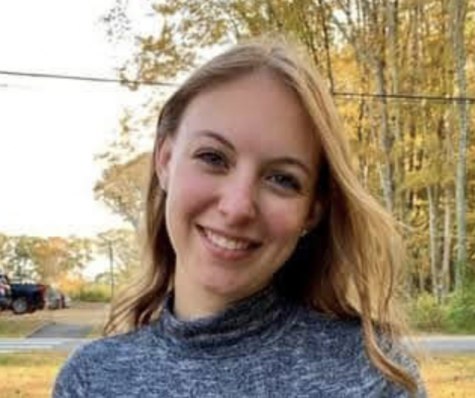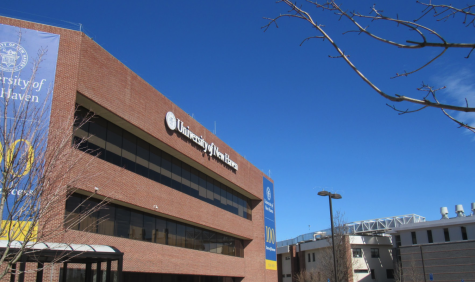University Police Use Narcan to Save Life
University of New Haven police responded to an accident in late July in which they administered Narcan to revive the victim. Sgt. Robert Milslagle responded to a motor vehicle accident in the ShopRite parking lot when he noticed the driver of the car was unresponsive and had no pulse.
After the arrival at the scene of Officers Louis Cavaliere, Christina Nicolia, and Lars Vallin, Milslagle instructed them to administer a dose of Narcan. Narcan, also known as Naloxone, is a nasal spray antidote to opioid overdose used in emergency treatment prior to transportation to a hospital. Officers administered three doses of Narcan before the victim regained consciousness and was transported to the hospital.
“Every officer on shift that night responded to my initial radio transmissions and each played a vital role in the incidents successful conclusion,” said Milslagle.
According to Connecticut’s Department of Mental Health and Addiction Services, it has been successfully used since 1996 by medical professionals, but the recent rise in opioid overdoses has increased its use in situations such as the ShopRite incident. Currently, there are 47 states that have laws regarding the administration of Narcan.
According to the Center for Disease Control and Prevention, 42,000 people died of opioid overdose in 2016. Narcan has played a vital role in preventing that number from rising higher and Milslagle believes that, had university police not been carrying it, “this party would have not made it.”
“It would not bother me if such events, where the use of Narcan is required, would cease to happen,” said Milslagle. “But being a realist, the department’s decision to deploy Narcan is necessary, and in one individual’s case, lifesaving.”
Although police are not required to carry Narcan in Connecticut, many departments, including the university’s, provide their officers with Narcan kits and train them in its use. Connecticut also has laws protecting those who administer the drug from legal prosecution. According to Chief Tracey Mooney, university police have been carrying Narcan for more than year.
“The opioid epidemic is a very real crisis in our country,” said Mooney. “We are fortunate, as a university community, to not have suffered its effects – but it is our department’s stance that we are going to provide the most up to date and proactive measures to be able to assist our campus community, as well as to the greater community in regard to public safety.”
This was the first instance university police have needed to use Narcan, according to Mooney.
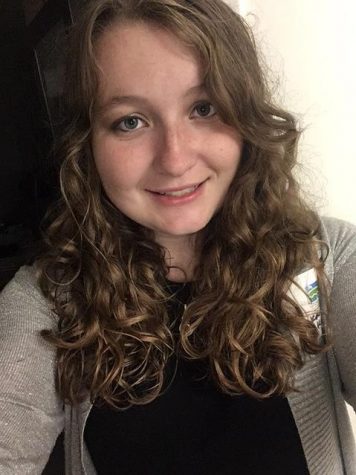
Karina Krul is a senior marine biology major with a triple minor in psychology, political science and marine affairs. This is her fourth year with The...

